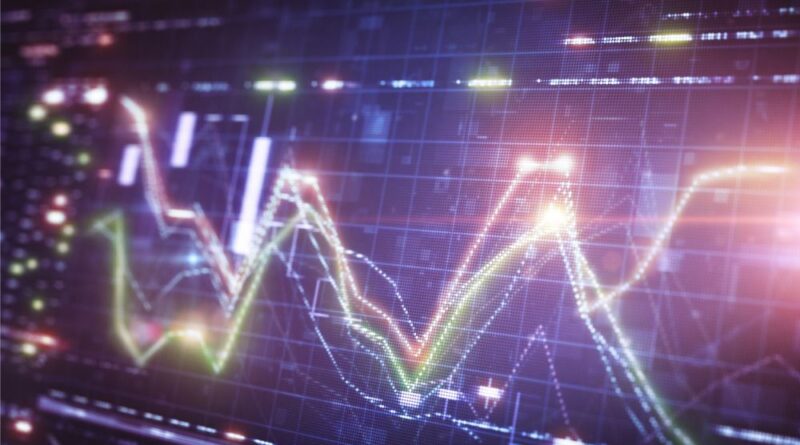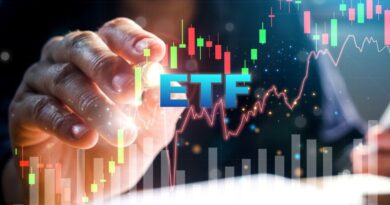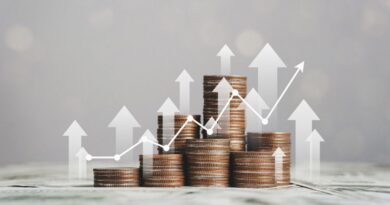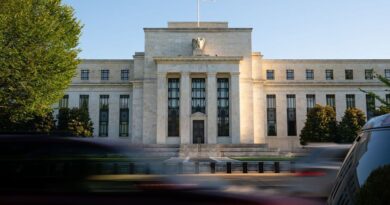Macro hedge funds rebound from disastrous first-half
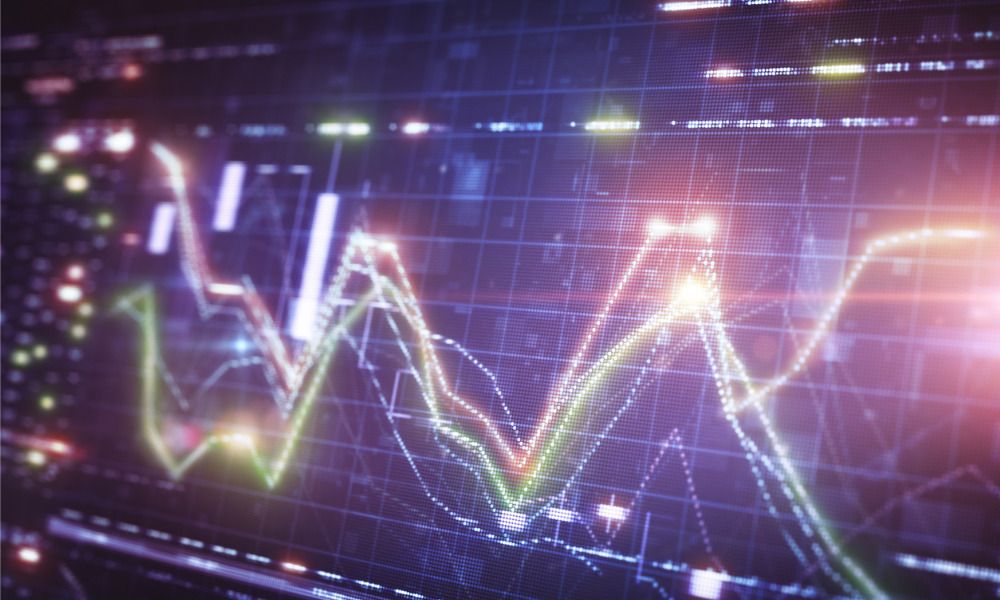
Macro trades have bounced back to become the best performing hedge fund strategy in the third quarter, turning a page on a dismal first half that saw economic uncertainty weigh on managers.
Asset-weighted returns for macro funds hit 3.07% in the three months through September, according to data from fund administrator Citco, which sees over $1 trillion of global hedge fund asset flows.
That’s in contrast with multi-strategy and equities funds, which saw muted losses of around 0.1% and 0.5% respectively in the third quarter, though these strategies remain the top two year-to-date performers.
“The first six months of 2023 were very different from 2022, in terms of what the markets were doing and in respect of volatility — macro managers didn’t do well,” Declan Quilligan, head of hedge fund services at Citco, said in a video call. “But then look at the last two or three months and they’re coming right back — so much so, they’re not a million miles away from breaking even.”
Macro funds, which bet on political and economic events, were in a holding pattern in the first six months of the year, as central banks kept markets guessing on the likely peak for interest rates amid sticky inflation and strong economic indicators.
Volatility ticked up toward the end of August and throughout September, accompanied by a clearer outlook on rates, which made for more fertile ground for macro trades.
Stock and Bond Volatility Has Repriced Higher | Volatility gauges have not receded after their spikes in the past month
Asia macro hedge funds have outstripped global peers so far this year, profiting from trades that bet on the yen and yuan weakening, as well as relative-value arbitrage on Australian and New Zealand assets. Asia macro funds returned 7.7% on average in the first nine months of the year, according to a Eurekahedge index.
Singapore-based Astignes Capital’s Asia Rates Master Fund surged 3.2% in September as its Japan and China currency trades paid off, according to people familiar with the matter, who asked not to be named as the figures weren’t public. It was the second month in a row that the fund has gained more than 3%.
Ocean Arete Ltd.’s macro fund returned 7.8% in the first nine months of the year, with the majority of the gains coming in the second half, according to people with knowledge of the matter, who also asked not to be named.
Bullish wagers on the US dollar and bearish bets on longer-dated US Treasury bonds boosted the fund in the third quarter, said one of the people. The fund had positioned itself for the US reaching the “neutral” interest rate that balances full employment and inflation sooner than previously expected. Representatives of the firms declined to comment.
Meanwhile, London-based Rokos Capital Management, run by billionaire macro trader Chris Rokos, transformed its fortunes in recent months and gained around 7% in the year through September, Bloomberg has reported, after losing more than 15% in March.
“We had a period of lower volatility, particularly in equities, and a slight pause in the policy landscape in Q1 and Q2 and that lack of a clear narrative was a more difficult environment for macro funds,” said Adam Singleton, chief investment officer at Man FRM, part of Man Group Plc, in a video call. “Many managers were waiting for the next chapter in policy.”
The uncertainty produced “a defensive mindset across discretionary and systematic funds,” he added. “The prevailing landscape has been defensive, so that felt like the right trade to have for most of this year. It’s just been more profitable in the third quarter.”
Still, even with the recent improvement, macro managers are down around 1.7% so far this year, Citco said, after a first half that saw funds hemorrhage value.
Citco said macro funds lost 1.14% on a weighted average basis in the first quarter of the year, and 2.15% in the second, but some funds saw far heavier losses. Andrew Law’s Caxton Macro hedge fund ended the first half down 20%, while Jeff Talpins’s Element Capital Management suffered a 7.7% loss in June, driving declines of 15.4% by mid-July.
A rally in US Treasuries — when the failure of both Silicon Valley Bank and Credit Suisse in March stoked concerns of a global banking crisis — blindsided macro traders who were short on bonds. The US debt ceiling debate over the summer also proved tricky to trade, Singleton said. Hedge funds in aggregate had positioned themselves for a messy standoff, not the sideways markets that greeted the compromise struck by US lawmakers.
Now, traders are hoping to secure a positive result for the full year as volatility continues. With global market sentiment still largely anchored to the US yield curve, despite regional deviations in policy responses to the economic situation, there are chances to trade the disconnect, Singleton added.
“What we’d like to see is higher volatility and a more dispersed policy landscape across regions,” he said. “It feels credible that we see something like that going forwards.”

